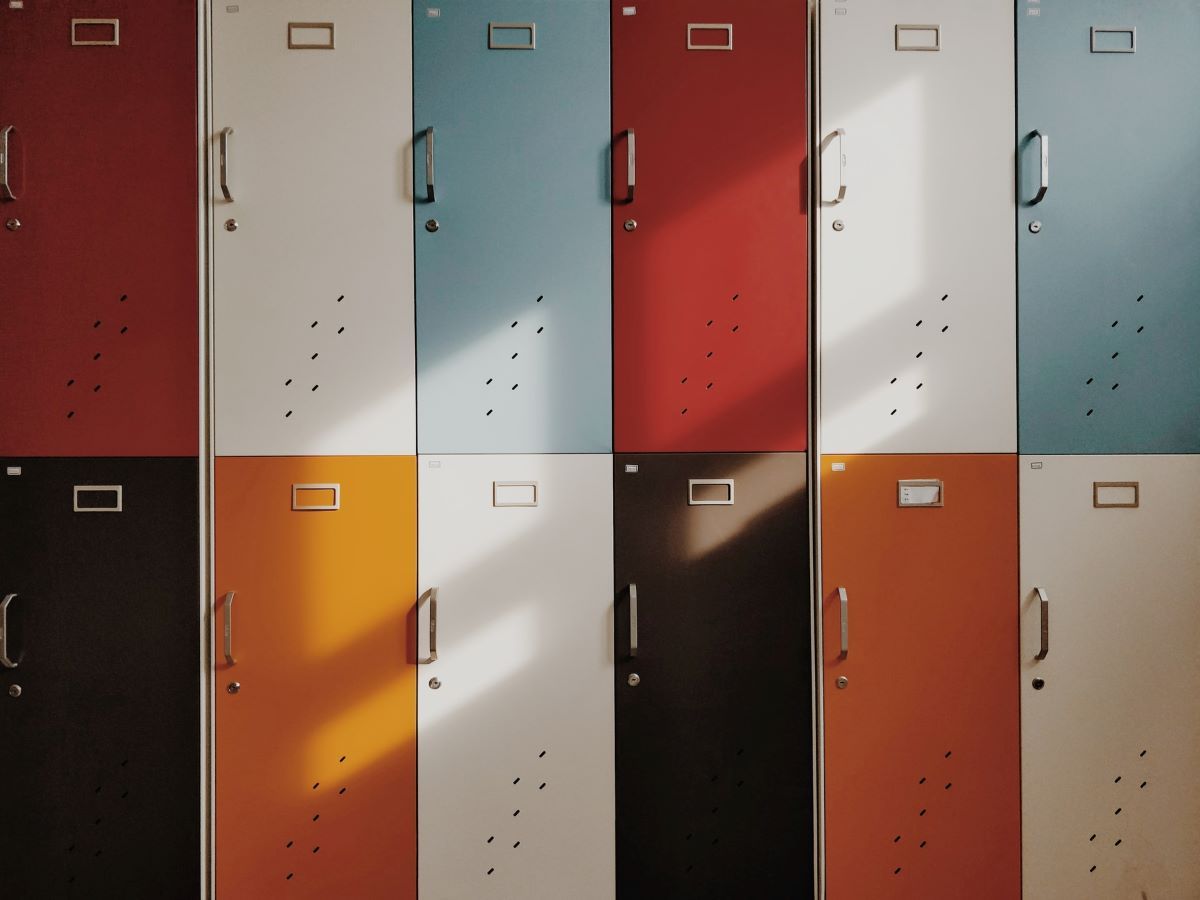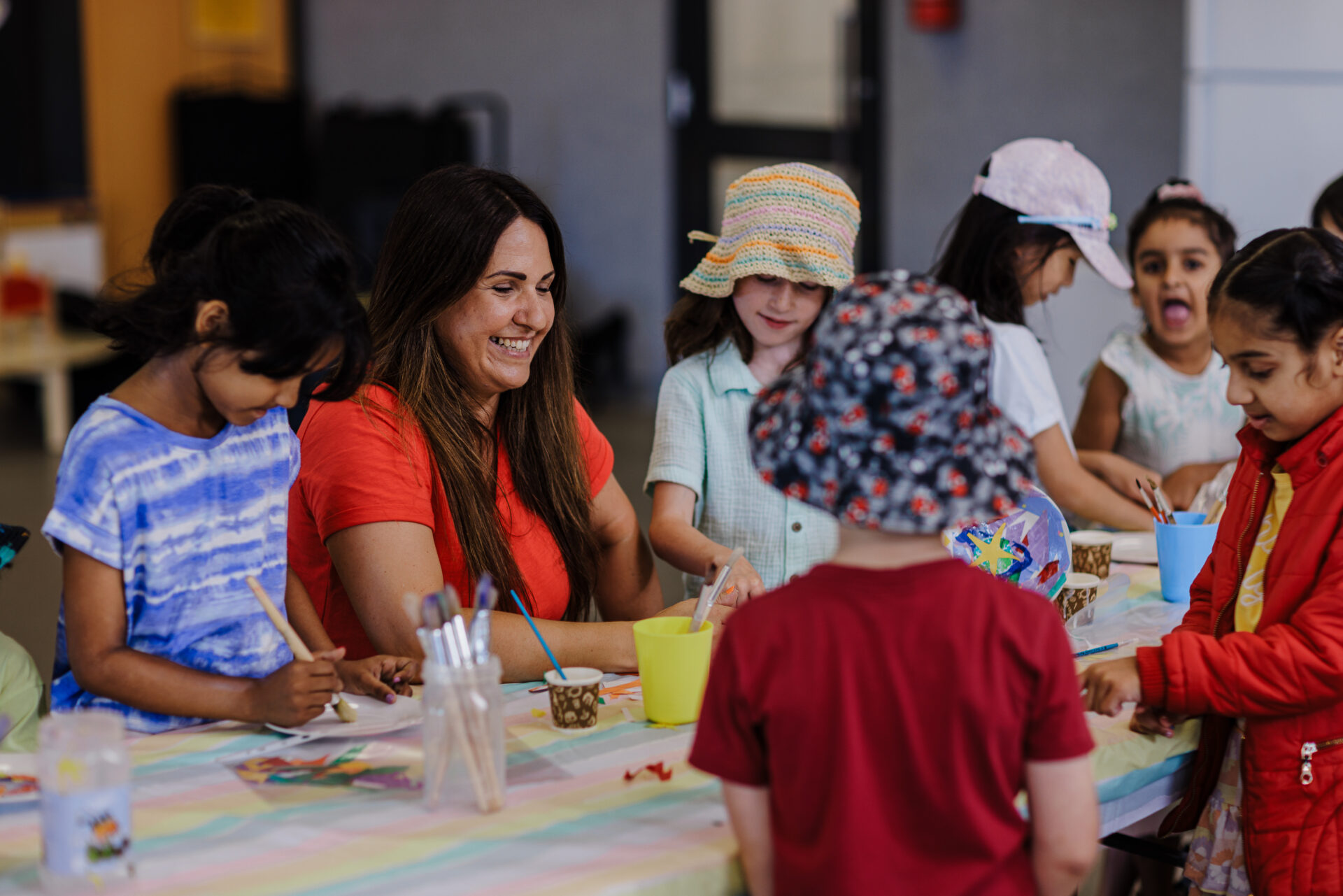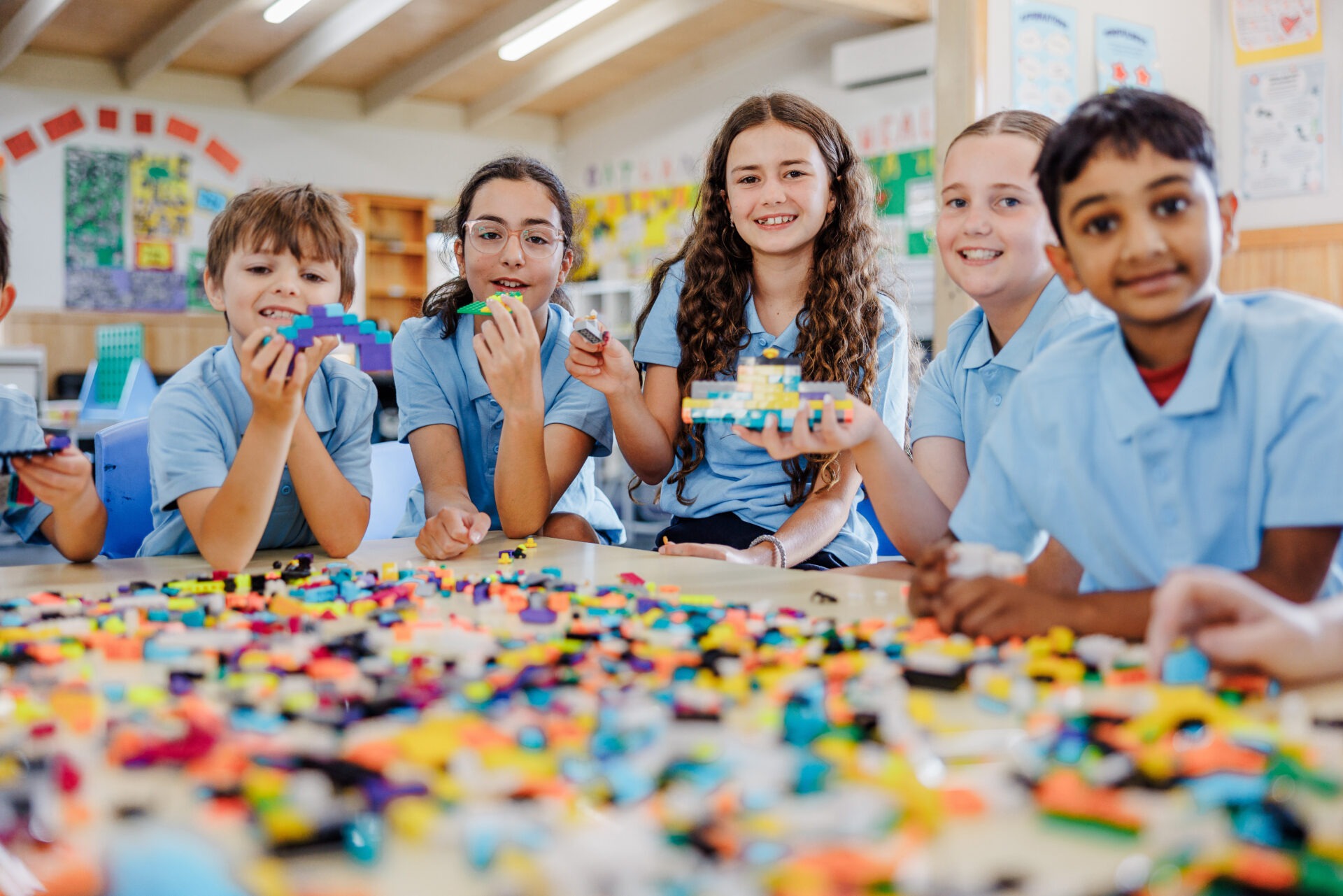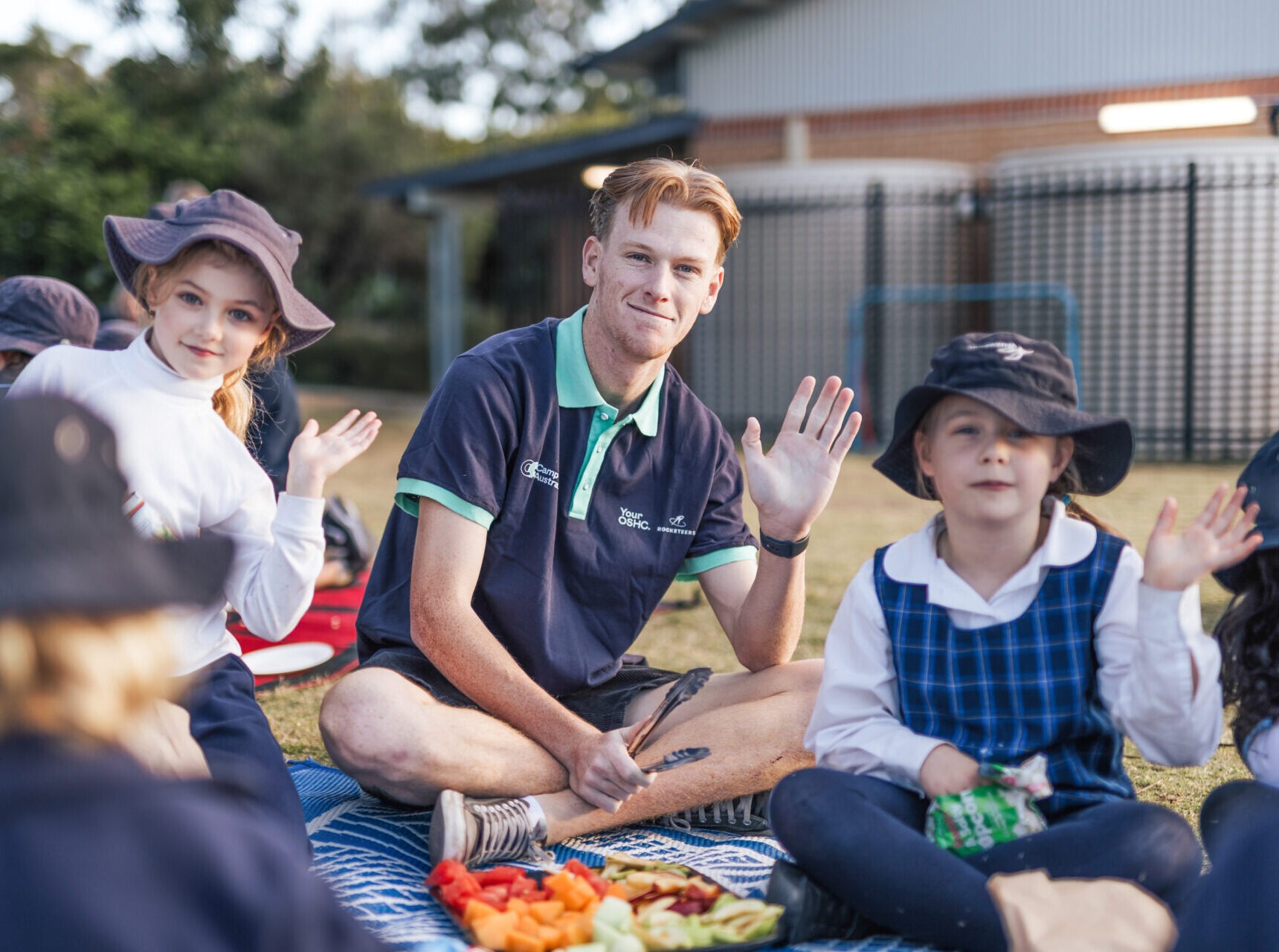Entering high school from primary school is definitely one of the most exciting things for all children and parents. Concurrently, it can also be a challenging and anxious period for your child.
So, what can parents do to prepare their child for high school and make them feel supported? Let’s hear from Art of Smart, who have prepared some all-important guidelines for parents with children transitioning from primary school to high school next year.
How Is High School Different To Primary School?
Understanding the crucial differences between primary school and high school is the first step all parents should take. As your child transitions from primary to high school, they’ll experience many new things.
Friendships
In high school, they’ll meet new people and friends. It’s important to develop new friendships and your child will need to learn how to fit in, as well as re-establish their position in a peer group.
Increased workload
There’ll also be much more school work. High school will have a significantly greater amount of work than primary school, so your child will need to adapt to new teaching and assessment styles.
At the same time, they need to be able to cope with a wide range of subjects and adjust to having different teachers and classrooms. Most importantly, it is crucial for your child to become more responsible for their own learning.
Getting organised
Your child needs to be familiar travelling to a new school location, get to class on time with the correct books and materials, and possibly cope with new transport arrangements. There’s a lot more responsibility in high school.
Adolescent development changes
The influence from their peers can implement a major impact on their growth. They will experience physical change, emotion change and desire for independence. This is the pivotal point of their personal growth.
How To Tell If Your Child Is Needing Help

Your child will probably need your help if they are showing the following signs:
- Lack of involvement with other students in their class
- Loss of confidence and self-esteem
- Not being willing to attend school
- Poor academic performance
- Becoming insecure and emotional
- Addiction to games and the internet
- Reluctant in communicating with others
How Can You Help?
Be aware that your children may be reluctant to open up to you. This is why you first need to establish the trust between you and them. As well as this, you could try the following ways to minimise the difficulty when they are transitioning into high school.
Show Empathy Towards Your Child
Transitioning into high school can be very daunting, so it’s important to let your child know that you understand what they are going through — that what they’re feeling is normal. Listen to them and don’t dismiss what they have to say.
Help Them Develop a Homework/Study Plan
With the many different subjects that they’ll be taking, your child may feel overwhelmed with the workload since there can be conflicting due dates or lots to do at once. Helping them develop a study plan will keep their mind at ease and organise their workload into manageable chunks.
Attend Parent Nights and Interviews as much as Possible
Keeping in regular contact with your child’s teachers will give you a good idea of how they’re coping with their transition into high school. You’ll be able to figure out the areas in which you can help your child.
Encourage Your Child to Join Extra-curricular Activities
School should never just be solely about studying. Your child should engage in their interests or try new things through extra-curricular activities. These will not only foster their sense of belonging by making new friends, but also their confidence too.
There are other things you can do to help your child, such as:
- Discussing your child’s results and reports with them and helping them set future learning goals
- Talking to other parents to check whether your child’s experiences and feelings are similar to those of others
- Ensuring your child gets plenty of sleep, eats well and exercises regularly
- Ensuring you maintain consistent routines with your child (e.g. getting ready for school)
- Developing organisational skills
Most important of all, let your children know that you trust them, and they can also trust you too.
If you would like to discuss your child’s progress in before and after school care prior to heading off to high school, please speak with the coordinator at your OSHC service.
Art of Smart Education is an award-winning provider of holistic tutoring and mentoring for students in years K-12. We help primary school students develop a love for learning and grow confident so they can smoothly transition into high school. Over the last decade, we’ve supported over 8,000 students and have over one million young Australians, parents, and teachers access our guides, resources and videos to navigate the K-6 journey.





